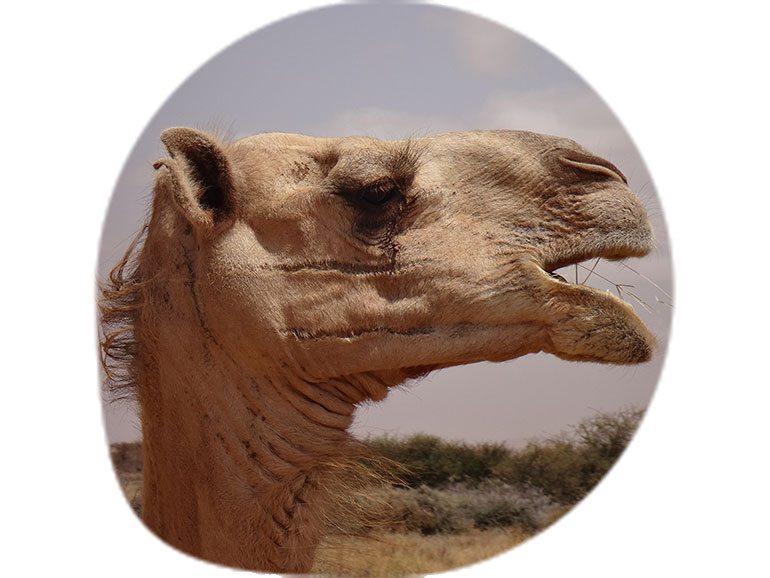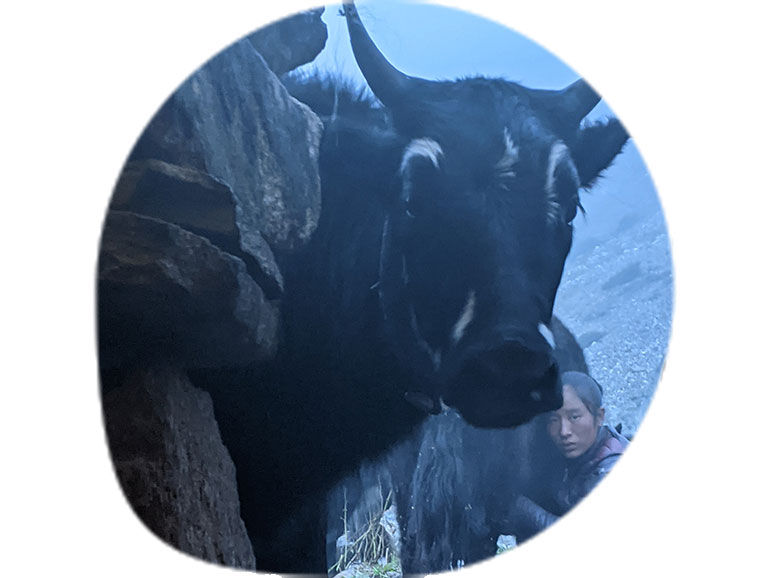Human-Environment Relations
Anthropology, derived from the Greek words anthropos (“human being”, “humankind”) and logia (“study”), in its etymological sense means the study of humans, but its scope goes beyond the human subject per se. It is also about humans’ entanglements with other animals, plants, mushrooms, viruses, and all the many other non-human elements of this world. Furthermore, these entanglements include not only the so-called natural realm but also the built environment.
Social and Cultural Anthropologists in this research area deal with questions such as:
- Given humans’ manifold entanglements with the non-human world, where does “the human” really begin and end?
- Are humans simply one of the many species on this planet or are they exceptional given their heightened agency, intelligence, language, and culture, their impact on the planet (cf. the concept of Anthropocene), and other properties for a long time deemed uniquely human?
- How do society–nature relations differ in the Global North and South?
- Does the nature–culture dichotomy even make sense given the cultural relativity of these terms?
- How can we push anthropological research beyond its anthropocentric tendencies and move towards a better understanding of interspecies ontologies and socialities?
- What can Social and Cultural Anthropology contribute to the pressing debates on environmental issues?
Here at ISEK, we carry out research on political aspects of ecological issues – focusing on governance, inequalities, marginalization, environmental crime, pollution, and the commodification of nature. We critically engage with development and conservation projects by looking at the agency of local communities in these processes. We research social movements – in both urban and rural contexts – crystallizing around resource conflicts and demanding environmental justice, as well as individual and household-based strategies that seek to mitigate the risks and dangers emerging from environmental degradation and food insecurity. We include historical, feminist, cosmological, and ethical dimensions of human relationships with the environment in our research in order to account for the underlying social and environmental imaginaries, meanings of place, symbology, myth, and different registers – sentimental, moral, etc. – of attributing value to nature. Our research is especially concerned with consumption, (extractive) resource use, and waste management. Some studies critically assess environmental knowledge production, from “traditional ecological knowledge” to understanding of climate science. We look at different key human actors – such as pastoralists, farmers, activists, NGO workers, governmental representatives – considering their roles and their daily life. Several studies also include more-than-human actors – like honeybees, yaks, camels, as well as plants – and engage with different aspects of multispecies contexts by looking at practices, animal labor, care, and affection.
In our research and teaching, we aim to enhance understanding of the complex relations between humans and their environments and to contribute to (re)thinking sustainability and engaging critically with central debates of our times, which are marked by an acute and growing awareness of human–environmental impacts and their dire, uneven consequences around the world.


